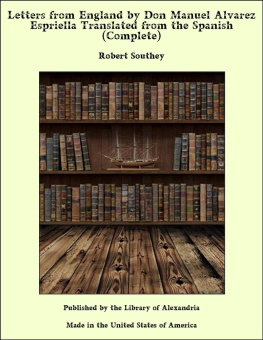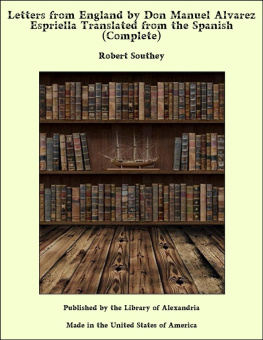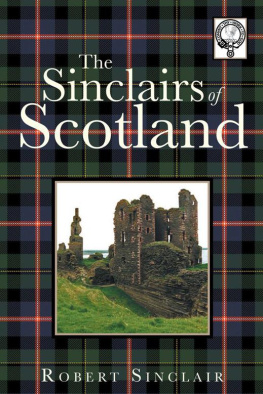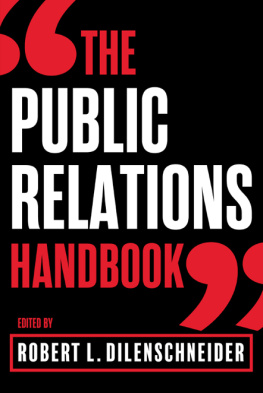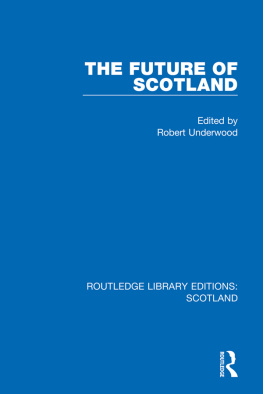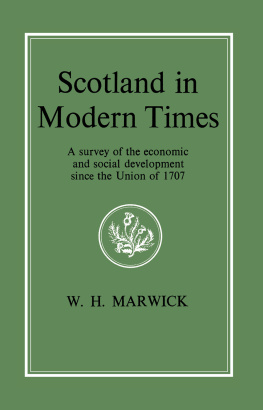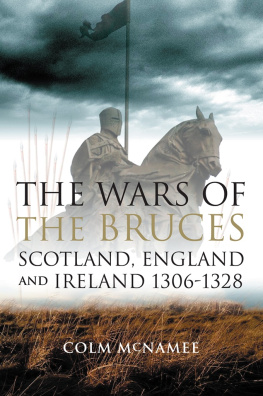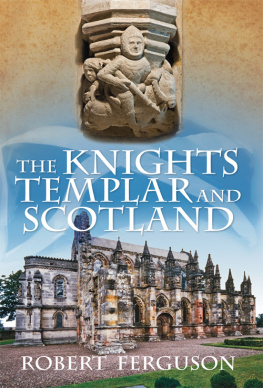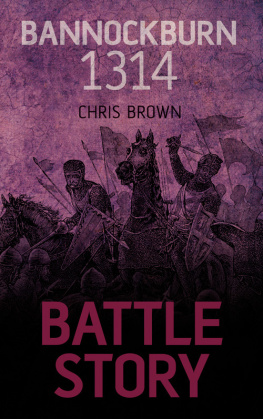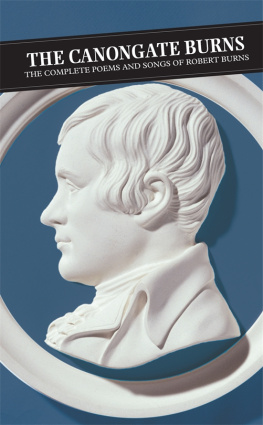ROBERT S. RAIT
FELLOW OF NEW COLLEGE, OXFORD
LONDON
BLACKIE & SON, Limited , 50 OLD BAILEY, E.C.
GLASGOW AND DUBLIN
1901
PREFATORY NOTE
I desire to take this opportunity of acknowledging valuable aid derived from the recent works on Scottish History by Mr. Hume Brown and Mr. Andrew Lang, from Mr. E.W. Robertson's Scotland under her Early Kings, and from Mr. Oman's Art of War. Personal acknowledgments are due to Professor Davidson of Aberdeen, to Mr. H. Fisher, Fellow of New College, and to Mr. J.T.T. Brown, of Glasgow, who was good enough to aid me in the search for references to the Highlanders in Scottish medival literature, and to give me the benefit of his great knowledge of this subject.
R.S.R.
New College, Oxford,
April, 1901.
INTRODUCTION
The present volume has been published with two main objects. The writer has attempted to exhibit, in outline, the leading features of the international history of the two countries which, in 1707, became the United Kingdom. Relations with England form a large part, and the heroic part, of Scottish history, relations with Scotland a very much smaller part of English history. The result has been that in histories of England references to Anglo-Scottish relations are occasional and spasmodic, while students of Scottish history have occasionally forgotten that, in regard to her southern neighbour, the attitude of Scotland was not always on the heroic scale. Scotland appears on the horizon of English history only during well-defined epochs, leaving no trace of its existence in the intervals between these. It may be that the space given to Scotland in the ordinary histories of England is proportional to the importance of Scottish affairs, on the whole; but the importance assigned to Anglo-Scottish relations in the fourteenth century is quite disproportionate to the treatment of the same subject in the fifteenth century. Readers even of Mr. Green's famous book, may learn with surprise from Mr. Lang or Mr. Hume Brown the part played by the Scots in the loss of the English dominions in France, or may fail to understand the references to Scotland in the diplomatic correspondence of the sixteenth century. There seems to be, therefore, room for a connected narrative of the attitude of the two countries towards each other, for only thus is it possible to provide the data requisite for a fair appreciation of the policy of Edward I and Henry VIII, or of Elizabeth and James I. Such a narrative is here presented, in outline, and the writer has tried, as far as might be, to eliminate from his work the element of national prejudice.
The book has also another aim. The relations between England and Scotland have not been a purely political connexion. The peoples have, from an early date, been, to some extent, intermingled, and this mixture of blood renders necessary some account of the racial relationship. It has been a favourite theme of the English historians of the nineteenth century that the portions of Scotland where the Gaelic tongue has ceased to be spoken are not really Scottish, but English. "The Scots who resisted Edward", wrote Mr. Freeman, "were the English of Lothian. The true Scots, out of hatred to the 'Saxons' nearest to them, leagued with the 'Saxons' farther off." Above all, the conception has been firmly planted in the imagination by the poet of the Lady of the Lake.
"These fertile plains, that soften'd vale,
Were once the birthright of the Gael;
The stranger came with iron hand,
And from our fathers reft the land."
While holding in profound respect these illustrious names, the writer ventures to ask for a modification of this verdict. That the Scottish Lowlanders (among whom we include the inhabitants of the coast districts from the Tay to the Moray Firth) were, in the end of the thirteenth century, "English in speech and manners" (as Mr. Oman
We venture to plead for a modification of this theory, which may fairly be called the orthodox account of the circumstances. It will at once occur to the reader that some definite proof should be forthcoming that the Celtic inhabitants of Scotland, outside the Lothians, were actually subjected to this process of racial displacement. Such a displacement had certainly not been effected before the Norman Conquest, for it was only in 1018 that the English of Lothian were subjected to the rule of a Celtic king, and the large amount of Scottish literature, in the Gaelic tongue, is sufficient indication that Celtic Scotland was not confined to the Highlands in the eleventh century. Nor have we any hint of a racial displacement after the Norman conquest, even though it is unquestionable that a considerable number of exiles followed Queen Margaret to Scotland, and that William's harrying of the north of England drove others over the border. It is easy to lay too much stress upon the effect of the latter event. The northern counties cannot have been very thickly populated, and if Mr. Freeman is right in his description of "that fearful deed, half of policy, half of vengeance, which has stamped the name of William with infamy", not very many of the victims of his cruelty can have made good their flight, for we are told that the bodies of the inhabitants of Yorkshire "were rotting in the streets, in the highways, or on their own hearthstones". Stone dead left no fellow to colonize Scotland. We find, therefore, only the results and not the process of this racial displacement. These results were the adoption of English manners and the English tongue, and the growth of English names, and we wish to suggest that they may find an historical explanation which does not involve the total disappearance of the Scottish farmer from Fife, or of the Scottish artisan from Aberdeen.
Before proceeding to a statement of the explanation to which we desire to direct the reader's attention, it may be useful to deal briefly with the questions relating to the spoken language of Lowland Scotland and to its place-names. The fact that the language of the Angles and Saxons completely superseded, in England, the tongue of the conquered Britons, is admitted to be a powerful argument for the view that the Anglo-Saxon conquest of England resulted in a racial displacement. But the argument cannot be transferred to the case of the Scottish Lowlands, where, also, the English language has completely superseded a Celtic tongue. For, in the first case, the victory is that of the language of a savage people, known to be in a state of actual warfare, and it is a victory which follows as an immediate result of conquest. In Scotland, the victory of the English tongue (outside the Lothians) dates from a relatively advanced period of civilization, and it is a victory won, not by conquest or bloodshed, but by peaceful means. Even in a case of conquest, change of speech is not conclusive evidence of change of race (e.g. the adoption of a Romance tongue by the Gauls); much less is it decisive in such an instance as the adoption of English by the Lowlanders of Scotland. In striking contrast to the case of England, the victory of the Anglo-Saxon speech in Scotland did not include the adoption of English place-names. The reader will find the subject fully discussed in the valuable work by the Reverend J.B. Johnston, entitled


